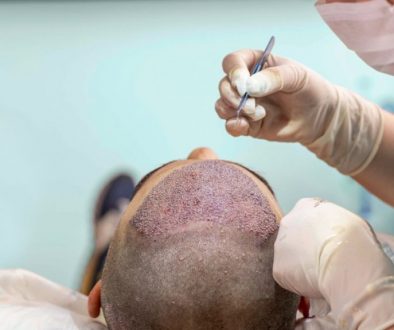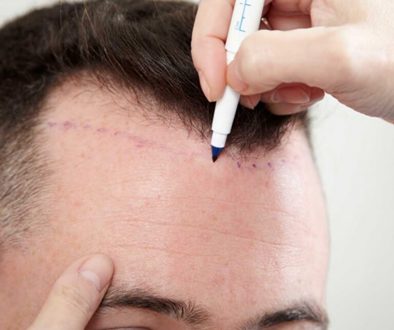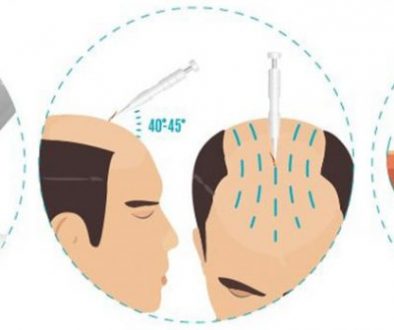Arachidonic Acid: Useful Hair Restoration Treatment or Hair Loss Culprit?
This question comes from a member of our hair loss social community and discussion forums:
Recently, I read about Arachidonic Acid online and learned it may be helpful in treating hair loss. However, I remember reviewing a different study claiming that prostaglandins, which are related to Arachidonic Acid, actually cause baldness? Which is true? Does Arachidonic Acid treat or actually cause hair loss?
Altogether, the connection between Arachidonic Acid and hair loss isn’t abundantly clear.
 Arachidonic Acid is a very common unsaturated fatty acid and important phospholipid (fatty component) in human cell membranes.
Arachidonic Acid is a very common unsaturated fatty acid and important phospholipid (fatty component) in human cell membranes.
In the body, Arachidonic Acid is extracted from cell membranes and broken down into prostaglandins and thromboxanes. Prostaglandins play a role in both inflammation and smooth muscle (vascular) dilation, and thromboxanes aid in the clotting process.
What’s more, a variety of common medications, such as steroids and aspirin, block the breakdown of Arachidonic Acid/Arachidonic Acid byproducts and prevent inflammation, vascular dilation, and blood clotting.
While this information is helpful, it still leaves one very important question unanswered: what role does Arachidonic Acid play in hair loss?
A recent research study found a correlation between elevated levels of scalp prostaglandins and androgenic alopecia. These findings demonstrated a correlation between halting the breakdown of Arachidonic Acid to prostaglandins in the scalp and preventing hair loss. From here, readers can infer several points: first, a correlation exists between high levels of scalp prostaglandins and high levels of hair loss; second, Arachidonic Acid is broken down into prostaglandins in the scalp; third, increased levels of Arachidonic Acid translate to higher levels of prostaglandins, and, transversely, greater rates of hair loss. However, the study was quite small and should likely be repeated with a more appropriate sample size.
However, because prostaglandins can cause vasodilation, some believe they may treat hair loss in the same manner as minoxidil (Rogaine). Having said that, because the vasodilator theory is only hypothetical and the prior research noted a connection between Arachidonic Acid and alopecia, it is probably not advantageous to utilize Arachidonic Acid as a hair loss treatment. If patients would like to use an effective vasodilator to increase scalp blood flow, researching a minoxidil-based product may be a safer choice.
______________
Blake Bloxham – formerly “Future_HT_Doc”
Editorial Assistant and Forum Co-Moderator for the Hair Transplant Network, the Hair Loss Learning Center, the Hair Loss Q&A Blog, and the Hair Restoration Forum
Follow our community on Twitter
Watch hair transplant videos on YouTube
Technorati Tags: hair loss, Arachidonic Acid, prostaglandins, baldness, minoxidil, Rogaine



